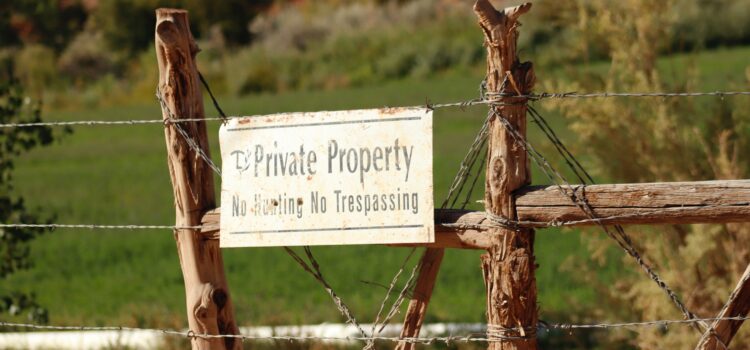

This article is an excerpt from the Shortform summary of "The Communist Manifesto" by Karl Marx. Shortform has the world's best summaries of books you should be reading.
Do communists want to abolish private property? What is the purpose for this belief according to The Communist Manifesto?
A core belief of Communism is that societies should abolish private property held by the bourgeois class, since it was not earned by the bourgeois, and was instead gained off the labor of others.
Read more about the idea to abolish private property, and why it is a defining belief of Communism.
What is Karl Marx’s view on private property according to The Communist Manifesto? The Communists support the Proletariat and want to forcibly overthrow the Bourgeoisie. The defining feature of Communism is the desire to abolish bourgeois private property. Bourgeois private property wasn’t made or earned by a bourgeois individual—it was made by many laborers working together. Therefore, property should be common and a society should work to abolish private property. According to Communism, private property shouldn’t exist.
Once the Proletariat have acquired political power, they’ll take the following ten measures. (Some of the measures along this path are unsustainable but unavoidable. Problems will iron themselves out naturally. According to Communism, private property is the source of many of these problems and removing it would solve problems.
Political power only exists to allow one class to oppress another. The Proletariat will only briefly be the ruling. After the above measures have been carried out and all class distinctions fade, political power will cease to exist. Karl Marx’s views on private property help explain these discrepancies, and how they could be solves.